Apricot : CAPILANO Semi-Dwarf (Mustang) (Orchard Grade)
$49.95
An 'orchard grade' is a tree that may be somewhat shorter, slightly crooked, or a bit scratched, or for some other reason is not a perfect front lawn specimen. These trees will work just as well in an orchard as a first or number one would, since they still produce the very same fruit.
Capilano's background is just opaque enough to add a certain compelling mystique to this up-and-coming variety. The story starts with three apricot trees growing along the street in Edmonton's Capilano neighbourhood. Local fruit hobbyists and foragers took notice when they began bearing. As nearly as anyone can ascertain, they are likely apricot seedlings, probably planted by a local resident, sometime in the 1960s. The fruit itself cannot be faulted. Of the three trees, the southernmost one in particular, had gained enough of a following to make it inevitable that it would be propagated and spread abroad. Here is your chance to grow your own Capilano tree and harvest some of the same sweet, 5cm (2") fruit that endeared the original to the good folks in Edmonton.
SELF-FERTILE | ZONE 3 | HARVEST : MID-LATE JULY
Only logged in customers who have purchased this product may leave a review.
Growing Tips
One of the key factors that determines cold-hardiness for tender fruit trees such as apricots and peaches is how well they harden off in the fall. Any activity that stimulates growth should be avoided after August 1. This includes fertilizing, overly frequent watering and pruning.
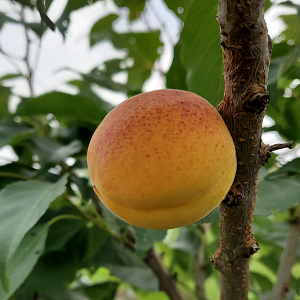
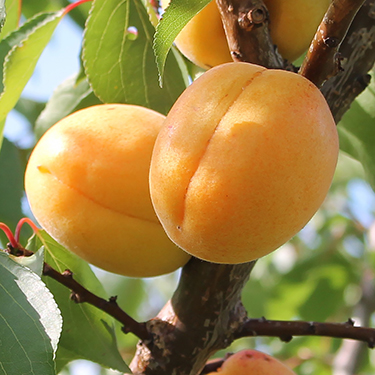
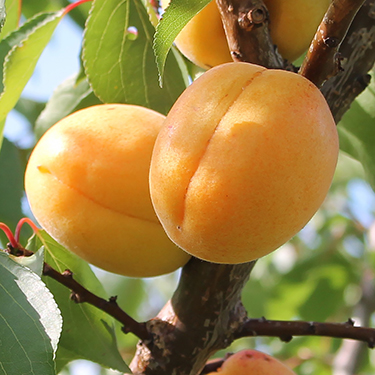
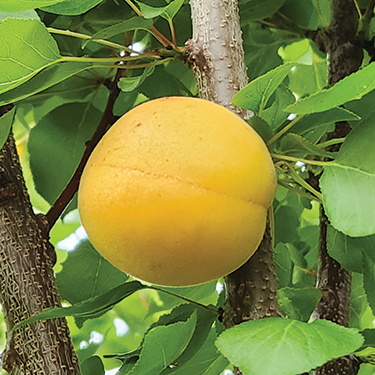
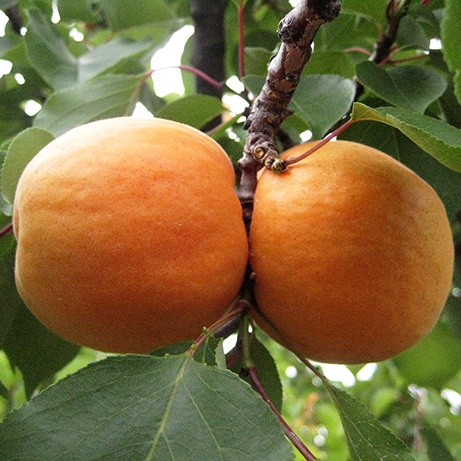
Reviews
There are no reviews yet.